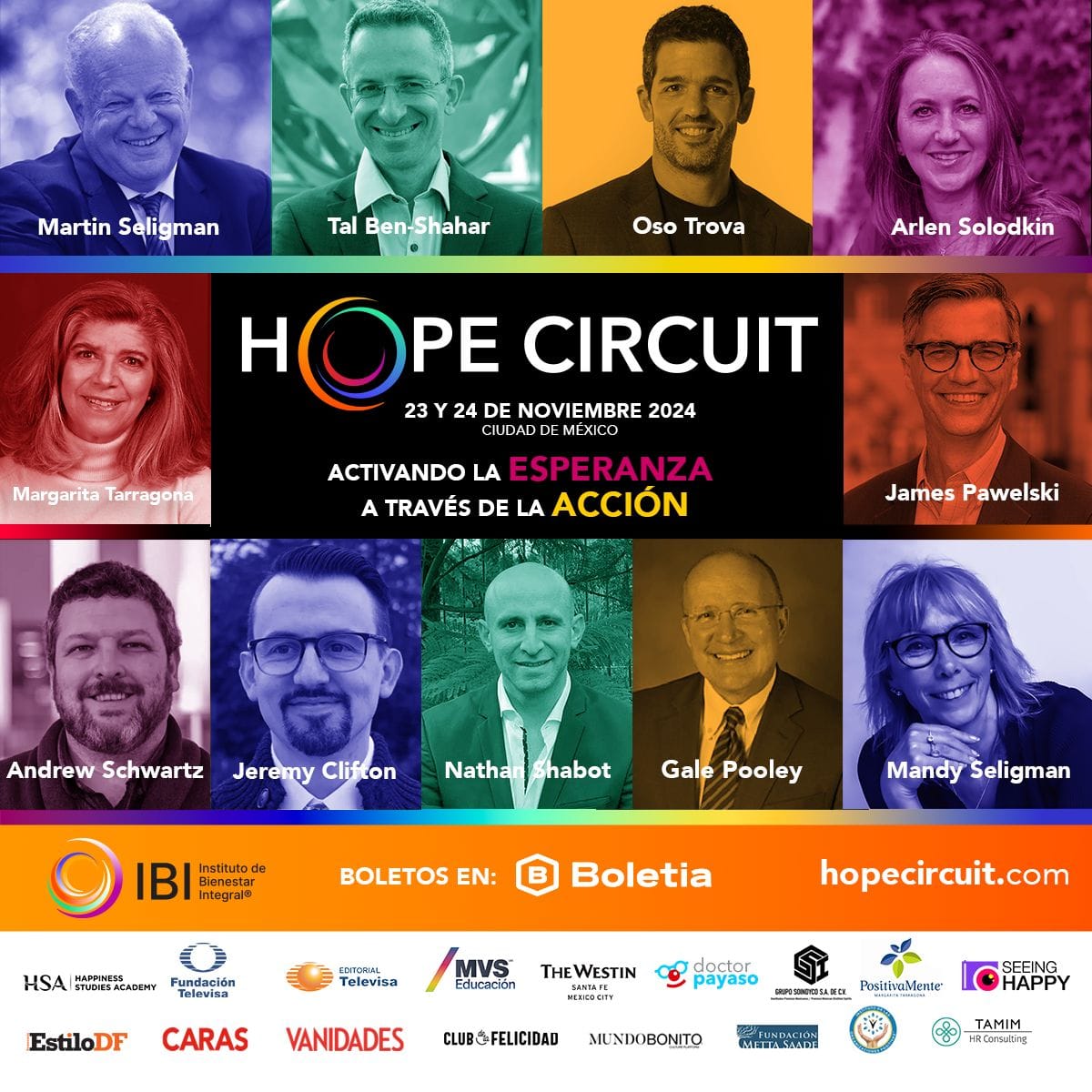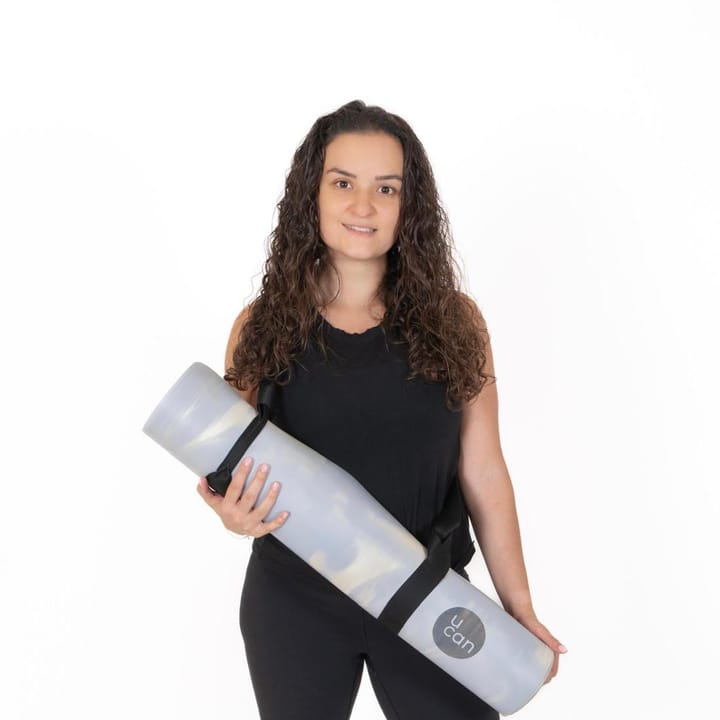Por Mariangela Rodríguez
A lo largo de mi vida, a través de experiencias laborales, académicas y de turismo, una observación constante me ha acompañado: siempre me ha llamado la atención lo fácilmente que los latinoamericanos nos conectamos. Parece que, cada vez que estamos fuera de nuestros países, nos atraemos como imanes. Estas observaciones, entre otras, me llevaron a preguntarme: ¿Tenemos los latinoamericanos una forma especial de relacionarnos?
Estudié este tema a fondo desde la perspectiva de la psicología positiva y encontré hallazgos interesantes. Latinoamérica es una región que ha demostrado, una y otra vez, una extraordinaria capacidad de resiliencia. Los retos socioeconómicos y políticos que enfrentamos como sociedad están bien documentados: un PIB per cápita más bajo en comparación con Europa Occidental o Estados Unidos, instituciones políticas débiles, altos niveles de corrupción, pobreza, desigualdad y tasas elevadas de violencia y criminalidad.
Sin embargo, existe lo que se conoce como la "paradoja latinoamericana del bienestar", que señala cómo las personas reportan niveles de bienestar subjetivo más altos de lo esperado, a pesar de estos desafíos. Se ha prestado poca atención a comprender los factores que explican esta paradoja y que contribuyen al bienestar de los latinoamericanos. El bienestar en la región se entiende y se experimenta de maneras únicas a su cultura, dando lugar a prácticas que no solo sostienen, sino que también mejoran la satisfacción con la vida, incluso frente a las dificultades.
El rol de las relaciones en la paradoja del bienestar latinoamericano
Los niveles de satisfacción con la vida en América Latina tienden a ser sorprendentemente altos dados los retos a los que nos enfrentamos. Así lo demuestran iniciativas como el World Happiness Report en donde se observa que en varios países de la región, éstos son similares a los de países desarrollados. Por ejemplo, Costa Rica, que en el reporte de este año ocupa el 12º lugar a nivel mundial, tiene un promedio de satisfacción con la vida de 6.9, similar al de Austria y Canadá. México y Uruguay, con un promedio de 6.6, tienen la misma puntuación que Francia. Además, El Salvador, Chile, Panamá, Brasil y Nicaragua tienen puntajes similares a los de España, Italia y Polonia.
Otro hallazgo importante es que la experiencia de emociones positivas (tales como alegría, disfrute e interés) es notablemente alta en Latinoamérica. Generalmente, los países de la región aparecen en las primeras posiciones cuando se crean rankings basados en la experiencia de afecto positivo.
Pero, ¿cómo se pueden explicar estos hallazgos? Una exploración más profunda nos indica que la abundancia y calidad de las relaciones interpersonales cercanas, junto con su importancia en Latinoamérica, puede considerarse un factor esencial que contribuye a la experiencia de altos niveles de emociones positivas y satisfacción con la vida. Las personas valoran mucho las relaciones interpersonales y dedican tiempo y recursos importantes para cultivarlas. La familia, tanto nuclear como extendida, desempeña un papel clave en las sociedades latinoamericanas. La importancia de las relaciones se extiende a los amigos y colegas. Tienden a tener un enfoque particular y están guiadas por expectativas de cercanía, calidez y disfrute. Son principalmente una fuente de afecto positivo y propósito en la vida.
Lo anterior no quiere decir que las complejas problemáticas a las que se enfrentan los países latinos deban ser subestimadas. Estos desafíos definitivamente afectan el bienestar de los latinoamericanos: la satisfacción con la vida disminuye con la percepción de corrupción, las dificultades económicas y la exposición a la violencia. No obstante, al parecer, estos desafíos no son suficientes para tener un impacto significativo en los niveles de bienestar de la región en su conjunto. El tejido social de Latinoamérica protege y fortalece el bienestar general.
¿Somos conscientes de esta fortaleza cultural?
Después de estudiar el tema, surgen nuevas preguntas: ¿Reconocemos los latinoamericanos la importancia de las relaciones interpersonales como una fortaleza, o las damos por sentadas? En un contexto donde la soledad se ha convertido en una epidemia en regiones como Estados Unidos y Europa, ¿podría esta característica cultural protegernos en nuestros países? Y, además, ¿deberíamos ser más proactivos en promover estas conexiones como recursos colectivos, especialmente entre niños y jóvenes?
Estoy convencida de que las relaciones interpersonales son un activo social que debemos preservar. Aunque es necesario avanzar en términos económicos y tecnológicos, la evidencia subraya la importancia de promover y mantener las conexiones humanas como una parte esencial del progreso humano.
Es aquí donde eventos como Hope Circuit, que se celebrará en Ciudad de México el 23 y 24 de noviembre, adquieren una gran relevancia. Líderes como el Dr. Martin Seligman, uno de los psicólogos más influyentes del mundo, y otras personalidades, explorarán cómo las relaciones positivas y las comunidades son fundamentales para el avance de la humanidad. En tiempos tan complejos como los que vivimos, aprender ideas innovadoras que nos ayuden a pasar de la desesperanza a la acción positiva es clave.
Promover estas ideas en organizaciones, comunidades y escuelas es esencial para la salud mental. Las relaciones humanas y el sentido de comunidad son el motor detrás de muchos movimientos sociales, educativos y de bienestar.
La clave está en imaginar nuevas realidades, conectarnos con otros y actuar con intencionalidad. Las culturas latinas, con su fuerte énfasis en las conexiones humanas, ofrecen un poderoso ejemplo de cómo florecer incluso ante los mayores desafíos. ¿Cómo podemos aprovechar esta fuerza para impulsar el bienestar y el progreso? Crear espacios seguros donde se fomente la empatía, la colaboración y la esperanza es esencial para construir sociedades más saludables y resilientes.
BIO
Mariangela Rodríguez es psicóloga graduada de la Universidad de los Andes en Colombia, con estudios de posgrado en Terapia Familiar Sistémica. Especialista y coach en psicología positiva, cuenta con una Maestría en Psicología Positiva Aplicada por la Universidad de Pennsylvania.
Le apasiona acompañar a jóvenes y adultos en procesos de transformación y crecimiento personal. Mariangela dirige una práctica privada de terapia y coaching basada en psicología positiva, donde ayuda a sus clientes a tomar el control de su bienestar. Además, co-dirige programas de bienestar integral dentro del Instituto de Bienestar Integral.
Colombiana de nacimiento, Mariangela vive en Ciudad de México desde hace nueve años con su esposo y sus dos hijos.



Las opiniones expresadas son responsabilidad de sus autoras y son absolutamente independientes a la postura y línea editorial de Opinión 51.







Comments ()